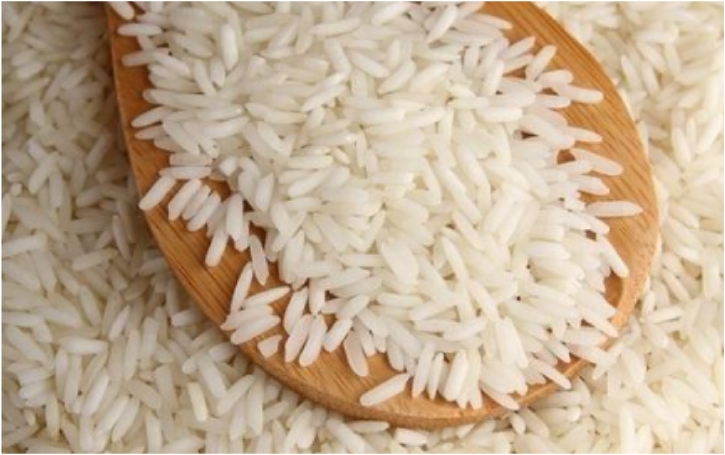
96 tons of Indian rice, found to be tainted with residues of harmful pesticides, have been swiftly removed from circulation in Vienna. Reports from various media outlets highlight the incident, which came to light during a routine inspection at a wholesale company in the Austrian capital.
The contamination was unearthed by vigilant food inspectors during their examination of the Viennese wholesale facility. Confirming the alarming discovery, Alexander Hengl, representing the market office of the city of Vienna, emphasized the severity of the situation.
The rice, earmarked primarily for restaurants, failed to meet safety standards after inspectors identified traces of several harmful pesticides. In a bid to adhere to European Union regulations, the trader initially presented a laboratory report from the Indian manufacturer, asserting the rice’s impeccable quality. However, the market office, committed to ensuring public safety, subjected the rice to its own comprehensive analysis.
Contrary to the manufacturer’s report, the independent examination conducted by the market office uncovered the presence of hazardous pesticide residues in the consignment. This revelation has raised concerns about the effectiveness of quality control measures employed by overseas suppliers.
The contaminated batch, consisting of 96 tons of Indian rice, was promptly removed from circulation to prevent any potential health risks to consumers. Authorities are now investigating the supply chain to ascertain how the contaminated rice made its way into Vienna and whether other regions may be affected.
This incident underscores the significance of rigorous testing and quality control protocols to safeguard the health of consumers. The city of Vienna is working closely with relevant authorities to further investigate the matter and implement stricter measures to prevent similar occurrences in the future.
The affected rice, originally destined for restaurants, has sparked discussions about the need for enhanced scrutiny of food imports. The city officials are collaborating with international agencies to address the issue at its source, ensuring that stringent quality checks are implemented throughout the supply chain.
As consumers and businesses await further updates on the investigation, the incident serves as a stark reminder of the challenges posed by global food supply chains and the importance of stringent regulations to guarantee the safety of the food we consume.
